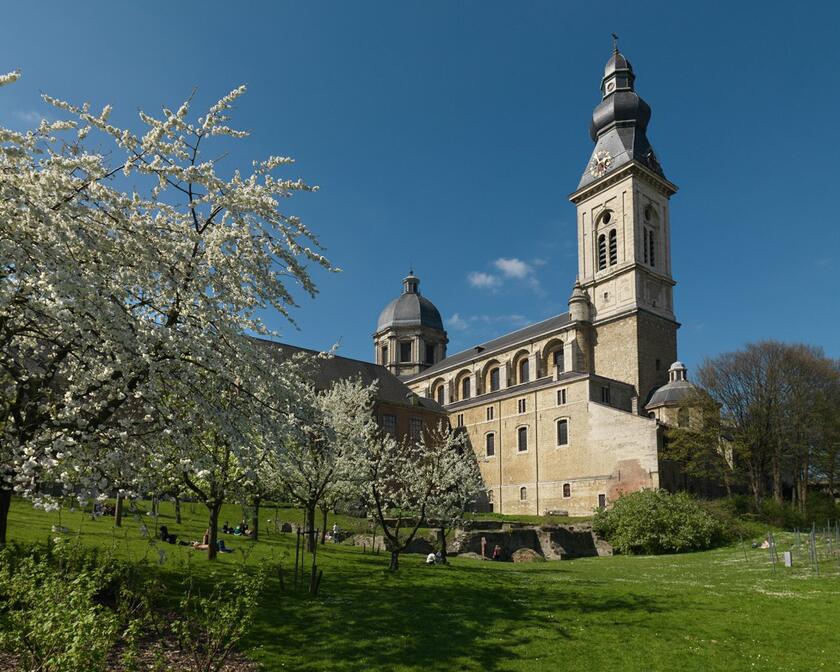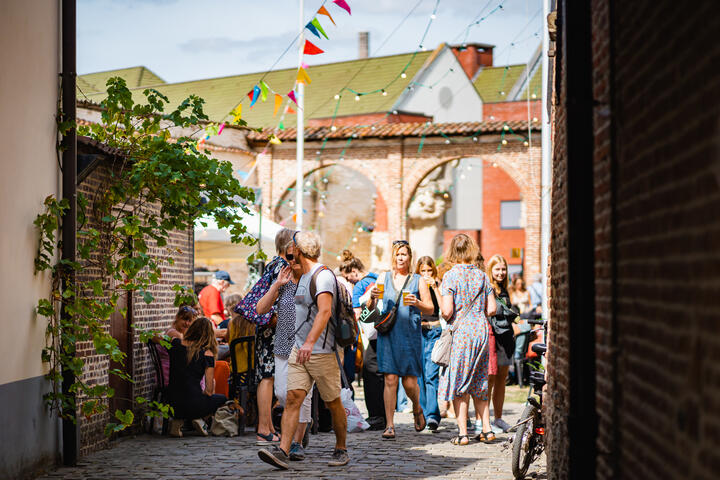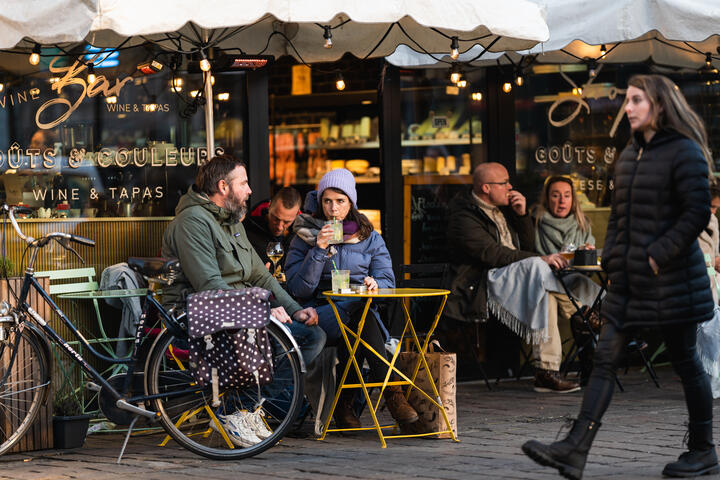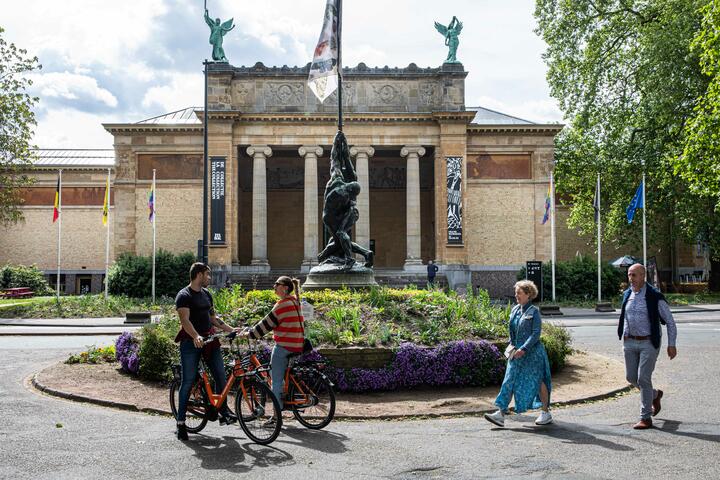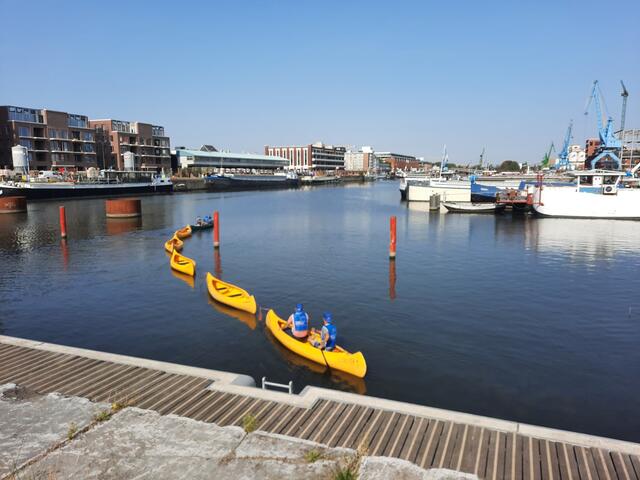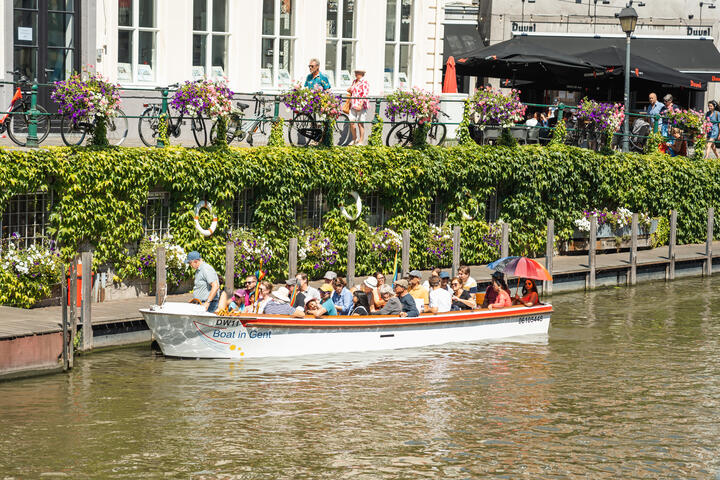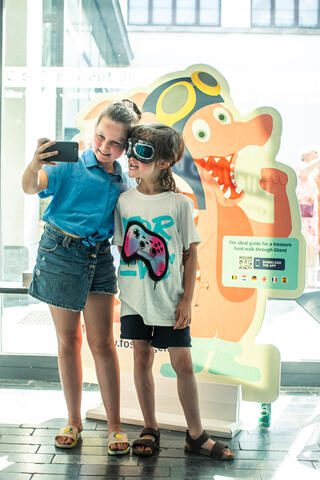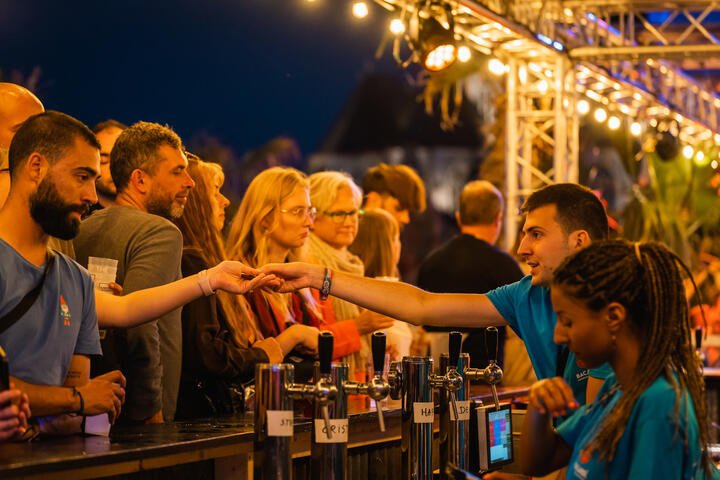Tourism making the city more accessible
A liveable city is accessible to local residents as well as visitors. To enhance the accessibility of the historical centre, Ghent intends to increase its focus on people with reduced mobility, people with an intellectual, visual or hearing disability and people with low financial possibilities.
The ‘accessibility charter’ that was drawn up a few years ago will be translated into a concrete action plan. This plan will cover the preparation of an accessible walk through the city, a set of rules for grants to make commercial premises more accessible, the installation of a scale model for the visually impaired in addition to the one at De Krook, the promotion of affordable camping tourism, and so on.
The Rap op Stap travel agency is Ghent’s travel agency for people with limited income. Two years after the start-up, the City undertakes to continue funding and developing its activities. Because everyone deserves to go on holiday, it is even a universal human right.
Ghent should be a fun and barrier-free destination, including for families with children. Points of attraction for families with children are places such as the Blaarmeersen sports and recreation park and the Castle of the Counts, but also the abundant street art. The City intends to involve young local residents as hands-on experts and ambassadors: what do you think is worthwhile in Ghent? And in addition to the sights, the hospitality industry is tested for its family friendliness. The City is also working hard on its candidacy to become European Youth Capital in 2024
